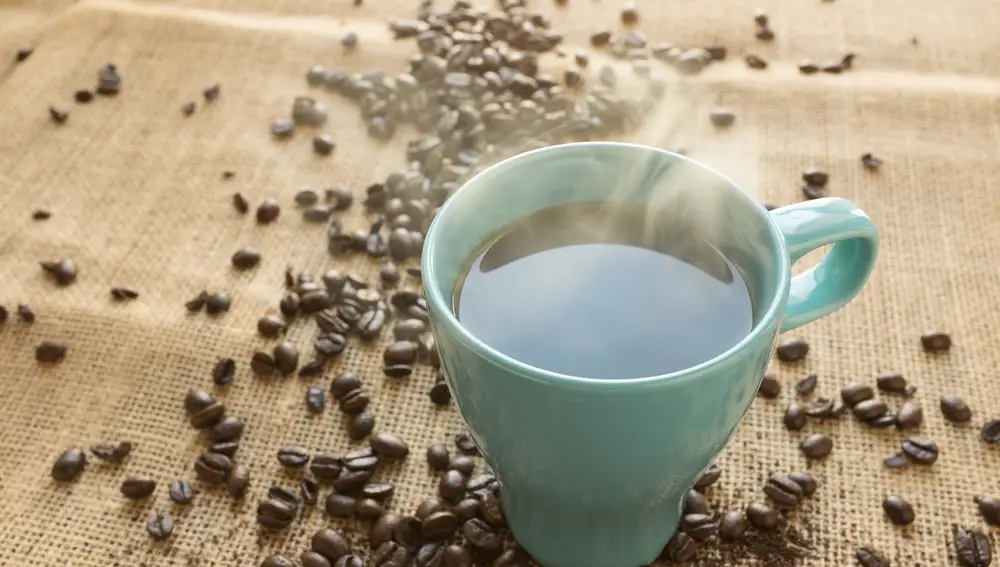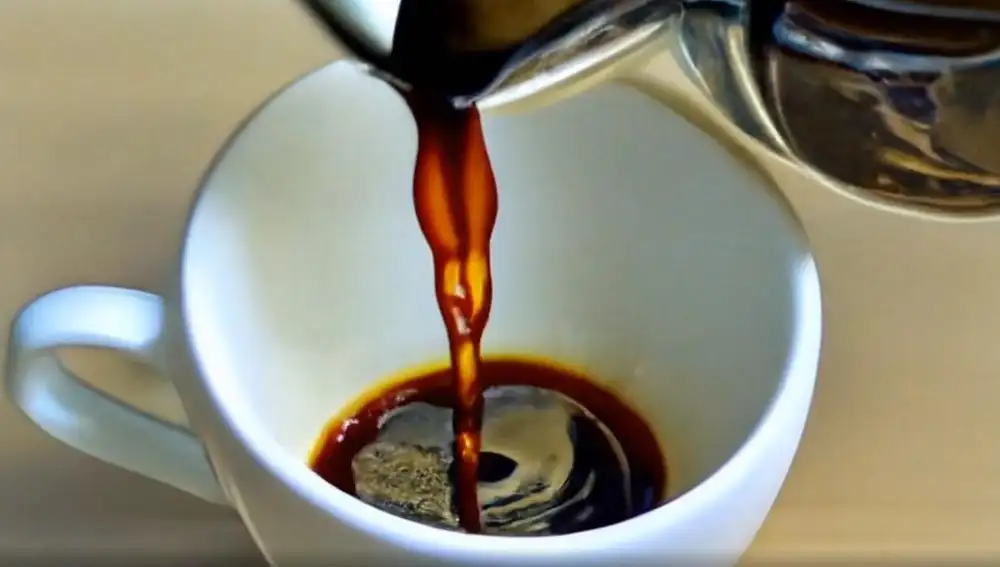Advertisements
The world of coffee is fascinating. In it they coexist different varieties, different “designations of origin” and different elaborations. There is a type of coffee “designed” to alleviate the negative effects of caffeine consumption can cause. Of course, this is often stimulating effect This is what makes the idea of drinking coffee even more attractive. However, this option was created, which is basically an alternative path able to continue enjoying a steaming cup of coffee, but without the effects of caffeine.

Is it dangerous for children?
Advertisements
As we explained previously, decaffeinated coffee is nothing more than coffee from which caffeine has been removed. To achieve this, different extraction methods are used before roasting, which can be more or less effective. In reality, none of these techniques are 100% effective, so there are usually some traces of caffeine.
Now, these caffeine residues are far from significant. We are talking about what they assume between the 3 and 4 milligrams per cup…a significant difference of 70 to 140 milligrams of caffeine contained in each cup of regular coffee (depending on the variety, of course). With these numbers in hand, it's worth asking whether these small amounts of caffeine can be harmful to children.
We will start by saying that to date no no evidence which points to the fact that the consumption of these small amounts of caffeine is harmful to children of more than eight years. The researchers' biggest fears were that symptoms of hyperactivity, nervousness or -even- heart diseases. Having said that, it is worth clarifying that it is not a drink that has a significant nutritional value.
Furthermore, children's taste buds are not usually compatible with bitter coffee tones. In fact, this would be the biggest problem arising from the consumption of decaffeinated coffee by a child, as the most normal thing is for the child to try compensate for this bitterness with excess sugar or honey. In other words, not only will it not be a liquid with little nutritional value, it will also be This will multiply your caloric impact.

Experts also warn, firstly, that coffee should not become a milk substitute in children's diets, as it is an element that provides significant amounts of calcium and proteins... very necessary for their development. And second, that there are other drinks and sugary drinks that contains caffeine (and other stimulants) and it doesn't seem like parents are as prepared for them as they are for coffee... and even then they may be as or most harmful whatever it is.
